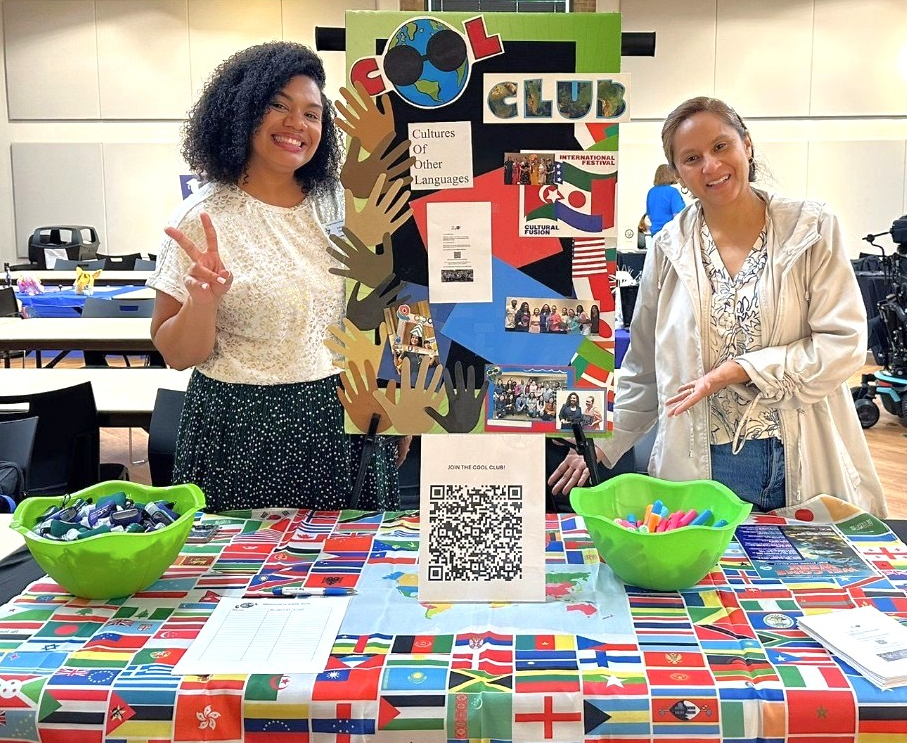
NE business instructor Freddie Sandifer Jr. spoke to students on Feb. 5 about how building your social capital through networking can have endless benefits in every area of your life.
Social capital is defined as a group of people, an organization or society working together effectively to achieve a common goal.
Sandifer Jr. said social capital has three concepts for it to function: resources, network structure and network relationships. An example given to how people can practice social capital is by learning different ways of talking and communicating with other people.
“My first professional job at TCC happened because I knew how networking had a social task,” Sandifer Jr. Said.
The presentation highlighted social networking, with an emphasis on how it provides access through resources embedded in relationships.
“It’s important to network,” NE student Dustin Ebey said. “To build relationships with those even if you don’t know them, and to be less, or to at least try to attempt to, counter any kind introversion that you may have in these kinds of situations in order to maximize your potential.”
Another way mentioned to increase networking benefits was by introducing yourself to those around you. The functioning of one’s social capital can depend on the structure of one’s resources.
“I would say reach out more be whether it’s old people or who are new, just make conversations,” said NE student Tina Nguyen.
Resources can be anything allowing someone to get something done. Sandifer gave the example of introducing yourself to your professors during their office hours.
“You never know who I might know and who I might introduce you to,” Sandifer Jr. said.
He explained forming personal and professional connections can be the difference in how networking works. The more people you know, the more opportunities will come your way. The more relationships made can determine how much access one has to available resources.
“The number one thing all of us said is that people are missing soft skills,” Sandifer Jr. said.
The presentation defined soft skills as skills that relate to how you work and interact with other people.
Integrity, dependability, effective communication, teamwork and willingness to learn are some examples of what soft skills are.
“I would say practice your social skills because they can take you far in life if you know how to talk,” NE student Anthony Mendoza said.
For those that are introverted and shy, the presentation recommended to start small and reach out to old connections, a neighbor, classmate or anyone you feel comfortable with. It helps to make it easy to be approached.
“You got to go out and talk to people,” Sandifer Jr. said.































